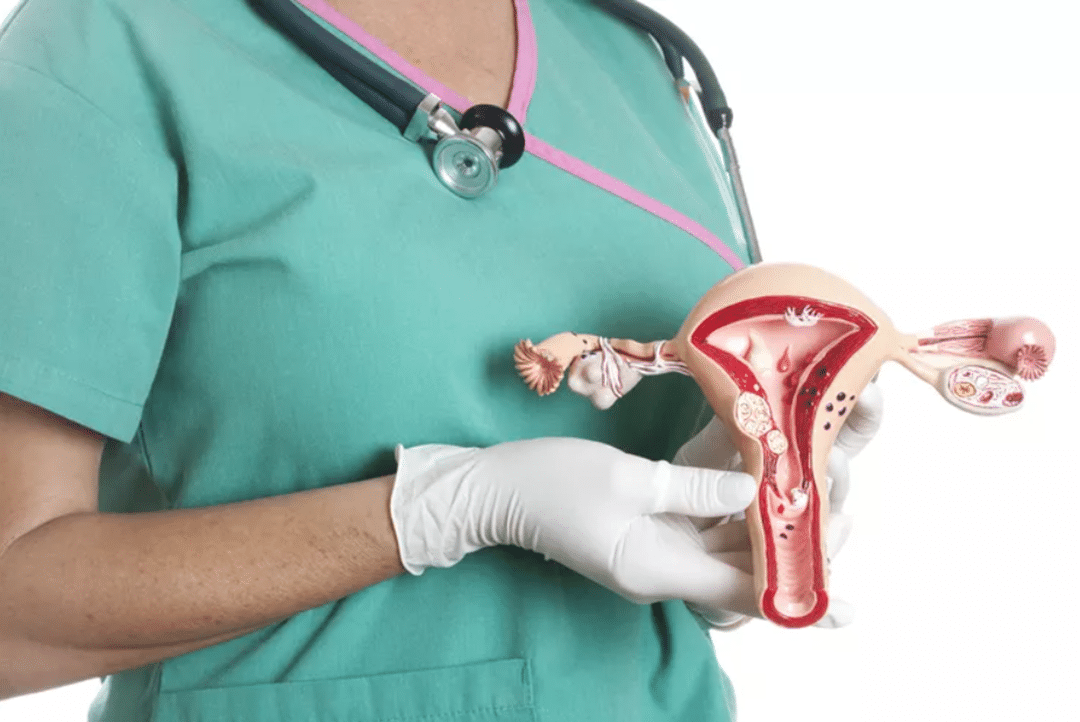From Adolescence to Menopause: Understanding the Female Reproductive Lifecycle
Catagory: Gyneacology Author: Dr E Reshma Reddy

The female reproductive lifecycle is a journey that begins in adolescence and continues through various stages until menopause. Each stage brings unique changes and challenges, and understanding this lifecycle is essential for women’s health and well-being. In this article, we’ll explore the different phases of the female reproductive lifecycle, from adolescence to menopause, and highlight the expertise of Dr. Reshma Reddy, known for providing the best gynecology treatment in Tirupati.
Adolescence: Puberty and Menstruation
Adolescence marks the onset of puberty, a period of rapid physical and emotional changes. Girls typically experience the growth of breasts, the onset of menstruation (menarche), and the development of reproductive organs during this stage. Menstruation, or the monthly shedding of the uterine lining, is a natural part of the menstrual cycle and indicates the ability to conceive.
Reproductive Years: Fertility and Pregnancy
During the reproductive years, which typically span from adolescence to around age 40, women experience regular menstrual cycles and have the potential to conceive and carry a pregnancy. Fertility peaks in the late teens to early twenties and gradually declines with age. This stage is characterized by the possibility of pregnancy, childbirth, and the challenges and joys of motherhood.
Perimenopause: Transition to Menopause
Perimenopause is the transitional phase leading up to menopause, usually beginning in a woman’s 40s. During this stage, hormone levels fluctuate, leading to irregular menstrual cycles, hot flashes, mood changes, and other symptoms. While fertility declines during perimenopause, pregnancy is still possible until menopause is confirmed.
Menopause: End of Reproductive Years
Menopause marks the end of the reproductive years and is defined as the cessation of menstrual periods for twelve consecutive months. The average age of menopause is around 51, but it can occur earlier or later for some women. Symptoms of menopause may include hot flashes, night sweats, vaginal dryness, mood changes, and changes in libido.
Postmenopause: Beyond Menopause
Postmenopause refers to the years following menopause. During this stage, hormone levels stabilize, and many menopausal symptoms diminish. However, women may still experience long-term effects of hormonal changes, such as bone loss (osteoporosis) and an increased risk of heart disease. Regular health screenings and lifestyle modifications are essential for maintaining overall health and well-being during postmenopause.
Expertise of Dr. Reshma Reddy in Tirupati
In Tirupati, Dr. Reshma Reddy is renowned for providing exceptional gynecology treatment and care for women at every stage of life. With extensive experience and expertise in the field of gynecology, Dr. Reddy offers personalized care and comprehensive services to address women’s health needs, from adolescence through menopause and beyond. Her compassionate approach and dedication to patient satisfaction have made her a trusted healthcare provider in Tirupati and the surrounding areas.
Conclusion
Understanding the female reproductive lifecycle is crucial for women’s health and well-being at every stage of life. From the physical and emotional changes of adolescence to the hormonal fluctuations of menopause, each phase brings its own unique challenges and opportunities. By seeking care from experienced professionals like Dr. Reshma Reddy, women can navigate the complexities of their reproductive health with confidence and receive the support they need to thrive.
Recent posts
-
How to Choose the Right Maternity Hospital in Tirupati
-
How to Maintain a Healthy Pregnancy: Expert Tips
-
Breaking Taboos: Candid Conversations About Women's Health Issues
-
Expert Answers to Top 5 FAQs about the Female Reproductive Lifecycle
-
Navigating Women's Health: Insights from an Obstetrician and Gynecologist
-
Journey to Motherhood: A Comprehensive Guide to Pregnancy Care
-
Sexual Health and Well-being: Expert Advice from Your Obstetrician and Gynecologist
-
Navigating Menstrual Health: Insights and Tips from Your Gynecologist
-
Self-Examination of Breasts
-
Navigating PCOD A Comprehensive Guide for Indian Women
-
Understanding Vaginal Health A Comprehensive Guide
-
Unmasking the Shadows: Smoking's Impact on Women's Health Explored
-
The Crucial Importance of Sleep for Women's Health
-
Unveiling the Benefits of a Healthy Diet for Women's Health
-
How to Increase Your Chances of a Normal Delivery: A Guide for Expectant Moms
-
Preventing and Treating Pelvic Inflammatory Disease
-
How to Deal with Vaginal Dryness and Discomfort
-
Discover the 8 Most Promising Fertility Treatment Options
-
Understanding Urinary Incontinence and Treatment Options
-
The Causes and Treatments of Polycystic Ovary Syndrome (PCOS)
FAQ (Frequently Asked Questions)
Puberty is the stage of development when adolescents experience physical and hormonal changes that lead to sexual maturity. In girls, puberty usually begins between the ages of 8 and 13.
Common signs of puberty in girls include breast development, the onset of menstruation (menarche), growth of pubic and underarm hair, and changes in body shape.
Menopause is the cessation of menstrual periods due to the decline in ovarian function. It typically occurs around the age of 51, but the timing can vary for each woman.
Common symptoms of menopause include hot flashes, night sweats, vaginal dryness, mood swings, sleep disturbances, and changes in libido.
Yes, pregnancy is still possible during perimenopause, as ovulation may occur sporadically. Women should continue using contraception until menopause is confirmed.
